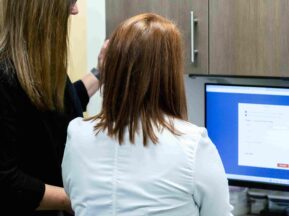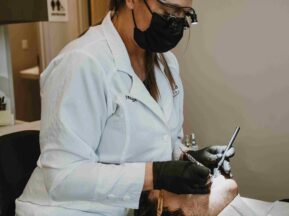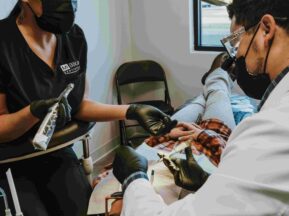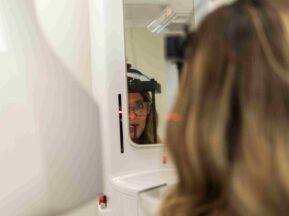Sterilization is a critical aspect of maintaining a safe and hygienic environment in a dental office setting, especially for aspiring dental assistants who play a pivotal role in ensuring patient well-being. Dental procedures involve close contact with oral tissues, blood, and saliva, creating an environment conducive to the transmission of infectious microorganisms. Proper sterilization protocols are essential to prevent the spread of bacteria and viruses, safeguarding both the dental team and patients from potential infections. As a dental assistant, understanding and implementing rigorous sterilization procedures is imperative to uphold the highest standards of infection control, contributing to the overall health and safety of the dental practice.
In a dental office, instruments used during various procedures come into direct contact with patients’ oral cavities, which can harbor a diverse range of microorganisms. Effective sterilization not only protects patients from the risk of cross-contamination but also maintains the integrity and functionality of dental instruments. Dental assistants must grasp the significance of meticulous sterilization techniques, including proper cleaning, packaging, and autoclaving of instruments. By adhering to these procedures, dental assistants contribute to the creation of a sterile and controlled environment that fosters optimal patient care while minimizing the potential for infections, demonstrating their commitment to the well-being of those they serve.
Furthermore, strict adherence to sterilization protocols in a dental office is not only a matter of compliance with regulatory standards but also an ethical responsibility. Dental assistants, as integral members of the dental team, are entrusted with the well-being of patients. Consistent and thorough sterilization practices help build trust and confidence among patients, assuring them that their oral health is being managed in a safe and sanitary environment. Aspiring dental assistants should recognize that their commitment to sterilization protocols is an essential aspect of their professional identity, contributing to the reputation and success of the dental practice they are a part of.







